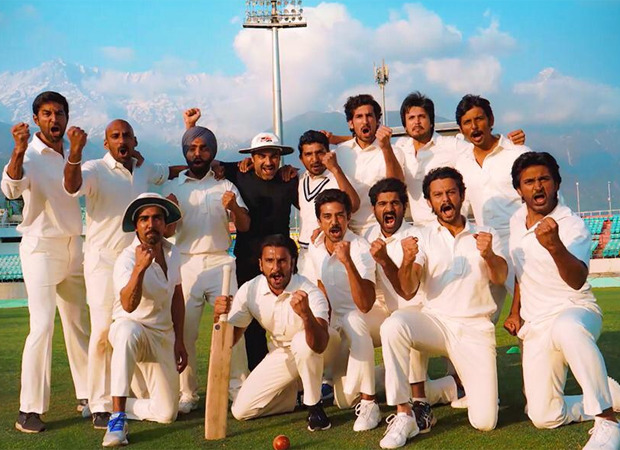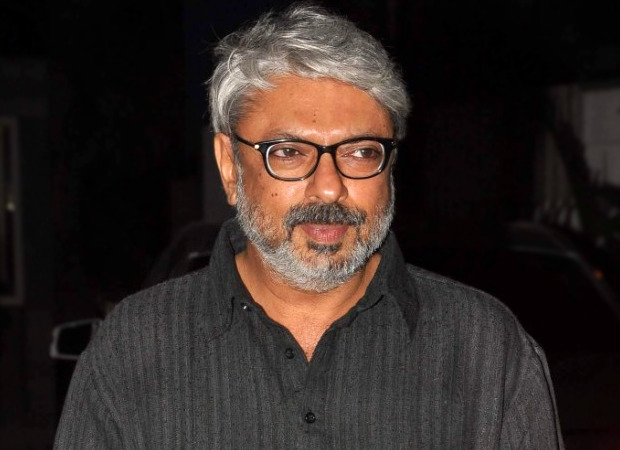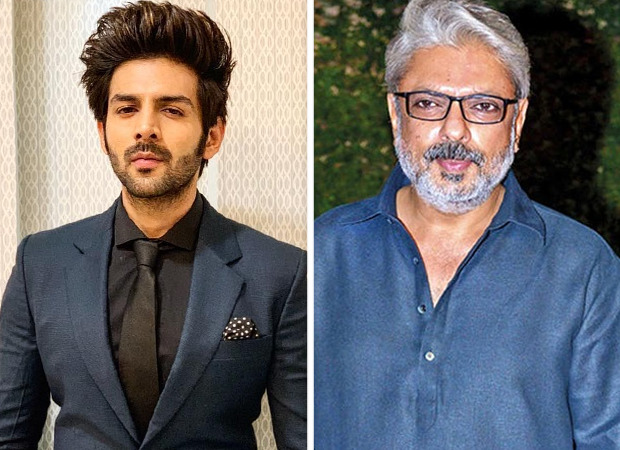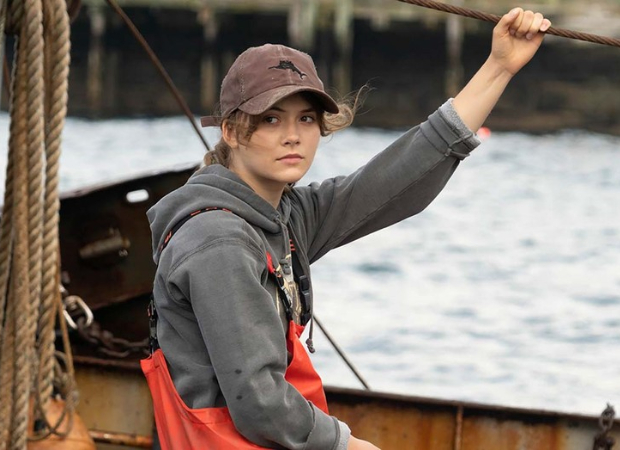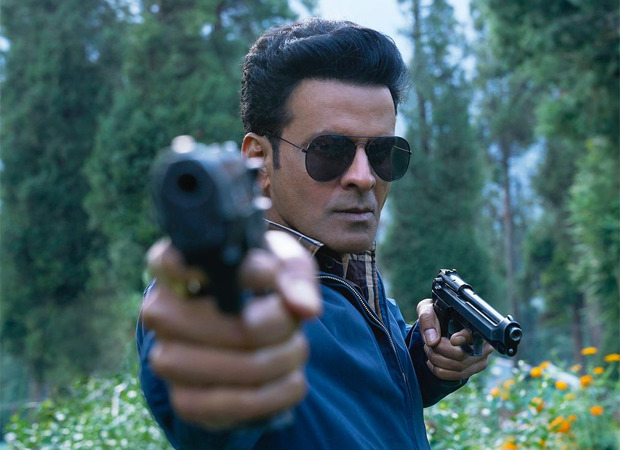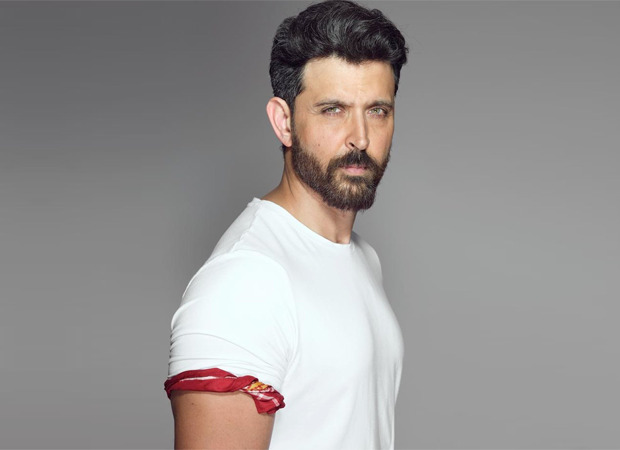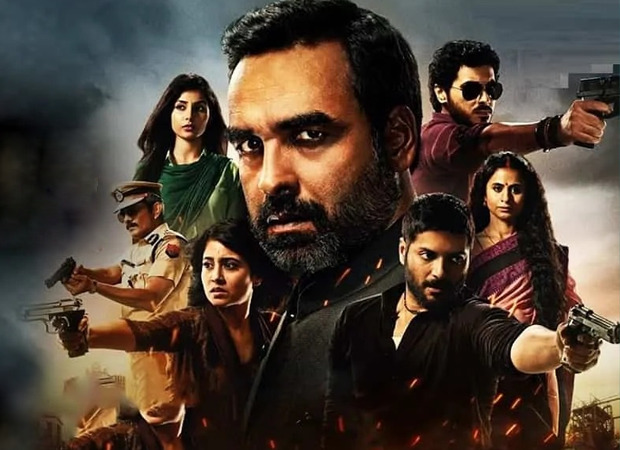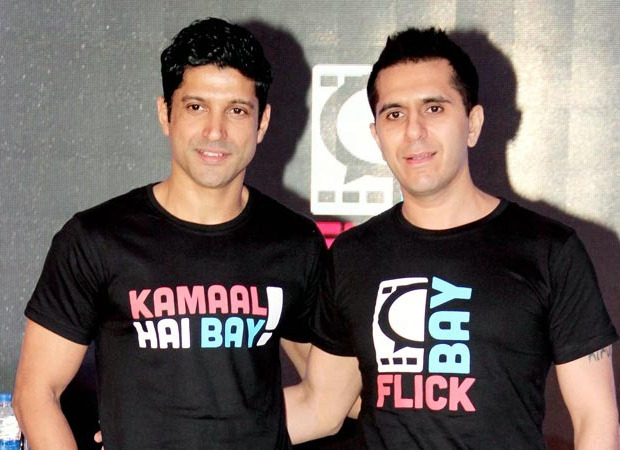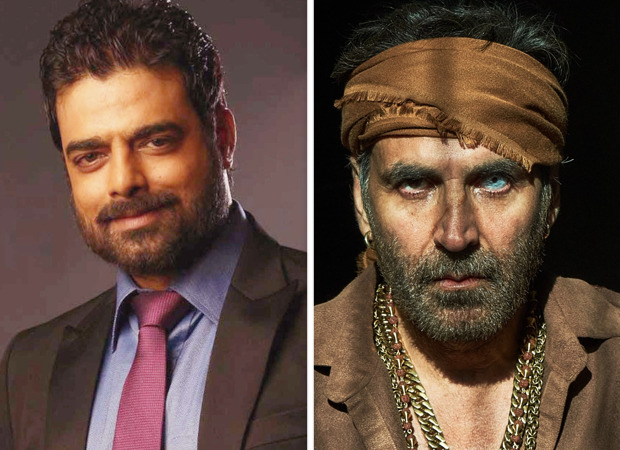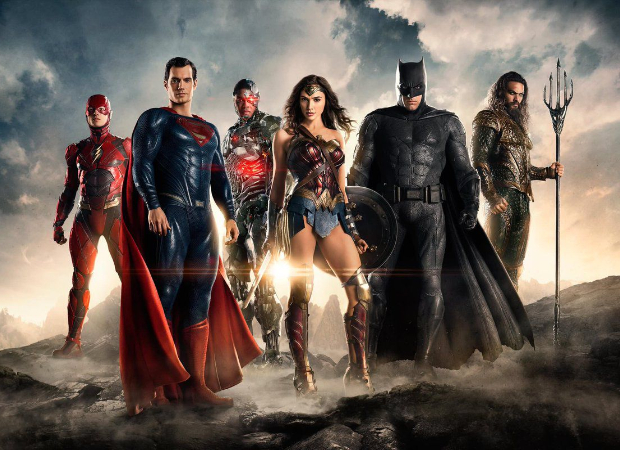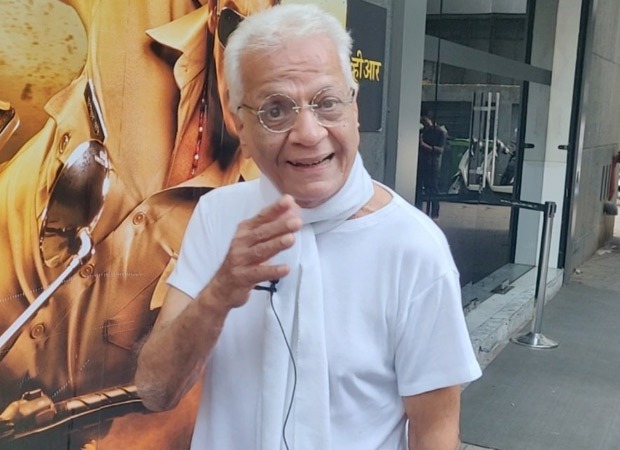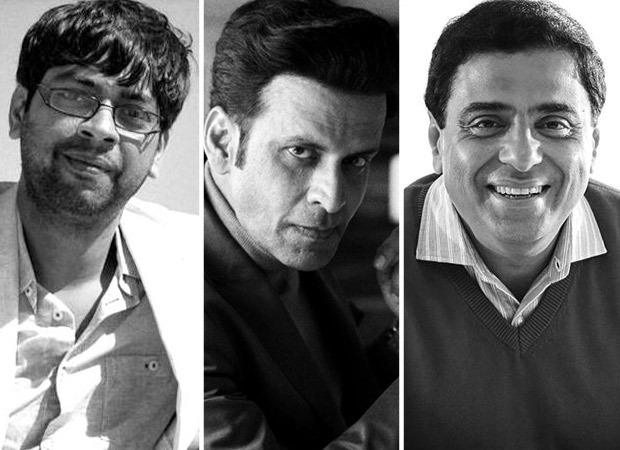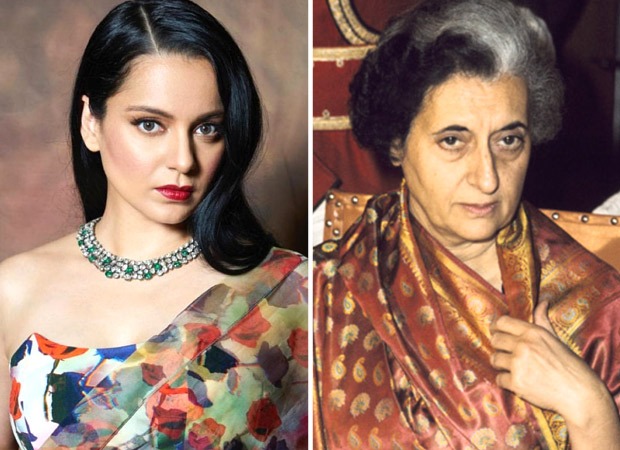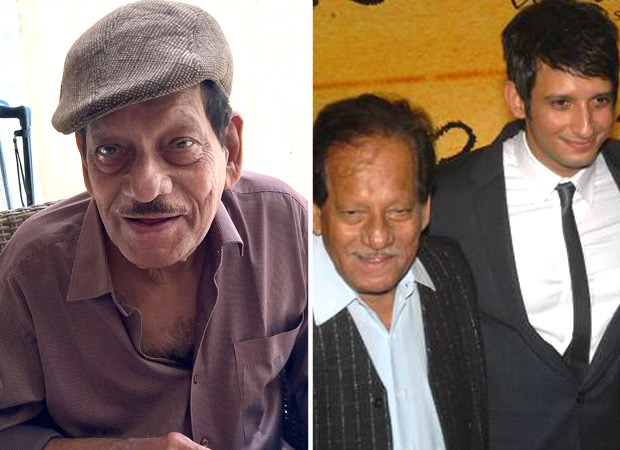Harrison Ford’s character in “The Mosquito Coast” is a genius, a quality he goes out of his way to ensure everyone around him knows.
Ford’s Allie Fox is a tireless inventor who has never received the recognition and respect he feels he deserves. He passive aggressively butts heads with anyone who disagrees with him or doesn’t acknowledge his accomplishments.
After yet another demonstration of his latest invention goes bust, Fox randomly decides to move his entire family from their American home into the jungles of Honduras, where he buys a town and sets up a private community.
Being in the jungle doesn’t just give Fox the time and focus to create but it unleashes all the potential for human misery within him.

“The Mosquito Coast,” Peter Weir’s 1986 jungle adventure, tips its hat in the direction of John Huston and Werner Herzog and avoids any audience hand holding. What Weir and Ford came up with could only have been made with their attachment, as this is as anti-Hollywood formula as they come in 1986.
Leveraging their box office and Oscar success of “Witness,” their Paul Theroux adaptation is strange, uncompromised and riveting.
Rich in vision and ideas, but so anti-mainstream, you can’t help but admire how all involved managed to trick Warner Bros. into making a big-budget art movie. A metaphor for colonialism, American entitlement (ironically, as Fox is constantly mocking All-American values) and the peak of male hubris, “The Mosquito Coast” isn’t “fun” and it certainly isn’t subtle, either.
Theroux’s 1981 novel on which this is based adapts the “Heart of Darkness” template and contrasts a man of science and a man of faith creating contrasting societies in the jungle, which allows for their good intentions and worst impulses to come to light.
It should come to no one’s surprise that this one flopped in theaters, with only a handful of film critics recognizing its achievements. The film’s monetary failure is an afterthought, as this is one of Weir’s strongest American films.
RELATED: Why Peter Weir’s ‘Witness’ Remains a Movie Miracle
Ford is incredible here, playing an insufferable egghead who bulldozes his way through life. It’s jaw dropping to see Ford play the antithesis of every character he’s played before and since. Watching this icon embody a high IQ’d monster is a further reminder that the greatest movie star of my generation is, first and foremost, a gifted actor.
Fox is like the dark side of Indiana Jones, as Fox is brilliant but has no empathy. He presents with a you’re-either-with-me-or-against-me attitude towards everyone he encounters.
There’s a moment where Fox holds a hammer to his side and Weir positions his camera from the hip -- the shot appears to be a sly reference to the famous sword fight/ gunshot moment from “Raiders of the Lost Ark.”
There’s also a quick pan from Fox to a cluster of indigenous faces looking at him, which also brings to mind the moment Dr. Jones outran a giant boulder and found himself surrounded by an angry tribe. Perhaps Fox is Dr. Jones as a contemporary creep, devoid of compassion, sacrificing everything to prove his worth and vocalizing an ongoing disdain with modern-day America.
Has the actor ever played a “villain” before? Yes, but his flawed husband in “What Lies Beneath” had a seductive exterior.
Here, Fox is hard to like from the start.
FAST FACT: “The Mosquito Coast” earned an anemic $14 million at the U.S. box office in 1986. Compare that to “Witness,” with the same director-actor combination which generated $68 million a year prior. The latter also earned eight Oscar nominations, winning for Best Editing and Best Original Screenplay.
It’s a bold, downright radical idea to put Ford, the embodiment of the contemporary movie hero, in this role. Better still, Ford goes all-in, keeping us both fascinated and disgusted with the man he’s playing.
As Fox’s oldest son, River Phoenix is wonderful here. He brilliantly played Ford’s Dr. Jones as a young man at the top of “Indiana Jones and the Last Crusade.” Phoenix clearly watched his famous “Mosquito Coast” co-star carefully and wound up not giving a mere impersonation of Ford as Jones but a genuine characterization using his vocal cues.
“The Mosquito Coast” is one of many films that showcase what a natural and captivating actor Phoenix was.
Helen Mirren brings humanity to the unplayable role of Fox’s wife, whose trust and willingness to follow her husband on whatever scheme he concocts made me ponder whether she’s a fool or just numb to his constantly failing to deliver on his promises.
Martha Plimpton steals her two scenes as a wild teen who entices Phoenix’s innocent daddy’s boy, and Andre Gregory is terrific playing a man who is either Fox’s exact opposite…or not.
Watching “The Mosquito Coast” today isn’t all that different from seeing it in 1986. Either you find Allie Fox a transfixing figure and maintain your gaze even as he descends into his personal hell, or you check out early and wonder why Ford would bother embodying such a jerk in the first place.
RELATED: Will Harrison Ford’s ‘Indy’ Go the Full Pee Wee?
Weir’s patience for story and atmosphere building are here, but his unceasing fixation on such an unpleasant protagonist (or is it antagonist?) sets this apart from most of his other works. Perhaps Weir’s “Fearless” (1993) is the only other example where the casting is enough to draw an audience into difficult material.
Theroux’s story, in the hands of screenwriter Paul Schrader’s cinematic rendering of it, is episodic and heavy-handed. At one point, Fox sits with his family over the dinner table and announces, “Our first Thanksgiving in the new world.”
It’s not the only on-the-nose line, nor the sole moment that is delivered without an ounce of subtlety.
“The Mosquito Coast” impresses with its steadfast refusal to compromise the sting of its message and portrait of a man’s ultimate self-destruction.
News that Justin Theroux (Paul’s nephew) is playing Fox in an upcoming Apple Plus miniseries adaptation is encouraging; this isn’t a story that works only in the ’80s. In fact, Weir’s film, released during the year of “Top Gun,” was ahead of its time, with its depiction of off-the-grid radicals seeking greatness outside the privileges of American life.
While “The Mosquito Coast” lacks the consistency and quiet poetry of “Witness,” it’s a much tougher work that goes in rewarding and adventurous directions. Ford rarely took risks like this again, which is a shame. His follow-up films, Roman Polanski’s “Frantic” and Mike Nichols’ “Working Girl” were stretches but in vehicles that were safer and tapped into his natural charisma.
It wouldn’t be until “42” that we’d see Ford take on a character role again.
Fans of Weir and Ford need to see “The Mosquito Coast,” an essential and surprising collaboration.
The post ‘Mosquito Coast’ Gave Harrison Ford, and His Fans, the Ultimate Challenge appeared first on Hollywood in Toto.
from Movies – Hollywood in Toto https://ift.tt/3amI4ty



